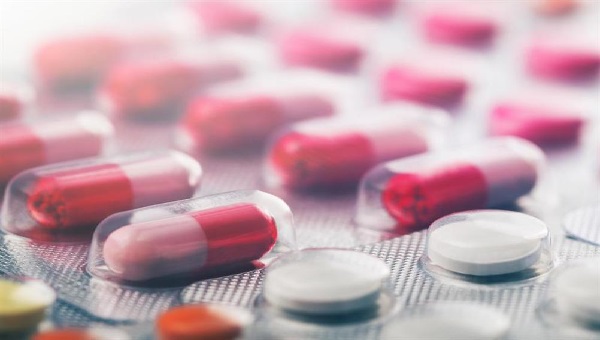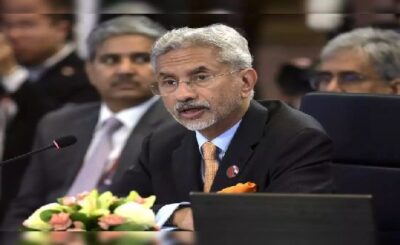HEALTH MATTERS
Antibiotic resistance is one of the world’s most urgent health problems and overuse and misuse of antibiotics are major factors in antibiotic resistance, says Dr Satyavan Saurabh. The general public, healthcare providers, and hospitals can all help ensure that medications are used correctly. This may reduce the growth of antibiotic resistance. Overuse of antibiotics – especially when they are not the right treatment – promotes antibiotic resistance. According to the Centers for Disease Control and Prevention, about one-third of antibiotic use in people is neither necessary nor appropriate. Healthcare professionals and especially pharmacists play/can play an important role in drug abuse and drug safety. Appropriate and effective patient education and counseling by pharmacists is key to achieving desired outcomes for treating patients, including clinical, economic, and humanitarian outcomes.
Dr Satyavan Saurabh in a article says: Antibiotics are important medicines. Many antibiotics can successfully treat infections caused by bacteria (bacterial infections). Antibiotics can stop the disease from spreading. Antibiotics can reduce serious disease complications. However, some antibiotics that used to be typical treatments for bacterial infections no longer work as well. And some drugs don’t work at all against some bacteria. When an antibiotic no longer works against certain strains of bacteria, those bacteria are said to be antibiotic-resistant. Antibiotic resistance is one of the world’s most urgent health problems. Taking antibiotics for colds and other viral illnesses doesn’t work — and it can create bacteria that are harder to kill. Taking antibiotics too often or for the wrong reasons can cause bacteria to change so much that antibiotics no longer work against them. This is called bacterial resistance or antibiotic resistance.
But if a person is using antibiotics repeatedly, then the bacteria develop immunity against that medicine. After this, it becomes very difficult to fix it. This is called anti-microbial resistance. In such a situation, treatment is not done properly but toxins start accumulating in the liver. A recent survey by the National Centers for Disease Control found that more than half of the nearly 10,000 hospital patients surveyed for the study were given antibiotics to prevent rather than treat infections. This is a worrying sign as India has one of the highest burdens of drug-resistant pathogens worldwide, leading to the high incidence of antimicrobial resistance (AMR). Overuse of antibiotics – especially when they are not the right treatment – promotes antibiotic resistance. According to the Centers for Disease Control and Prevention, about one-third of antibiotic use in people is neither necessary nor appropriate.
He also calls for a strong regulatory framework to monitor and enforce compliance with antibiotic prescription guidelines. It includes mechanisms to punish non-compliance and encourage compliance. Regular monitoring of antibiotic resistance patterns is important. The effectiveness of guidelines can be assessed by the ability to track changes in resistance patterns over time and take corrective action. Restricting access to reserve antibiotics is important to reduce resistance. Overuse and misuse of antibiotics are major factors in antibiotic resistance. The general public, healthcare providers, and hospitals can all help ensure that medications are used correctly. This may reduce the growth of antibiotic resistance. Healthcare professionals and especially pharmacists play/can play an important role in drug abuse and drug safety.








